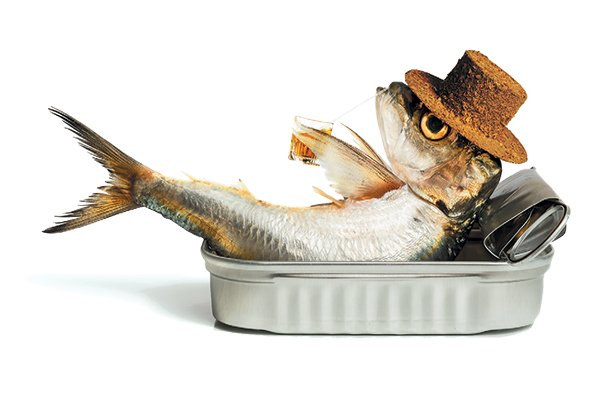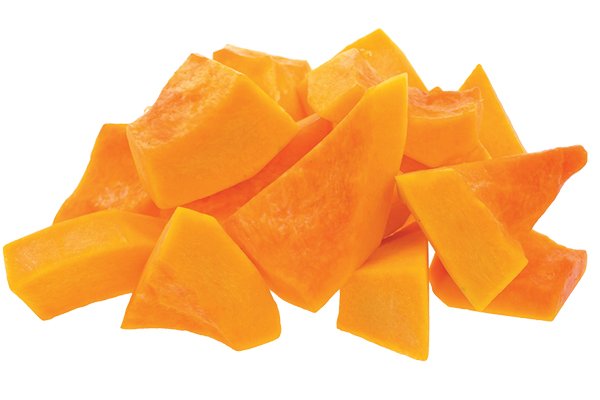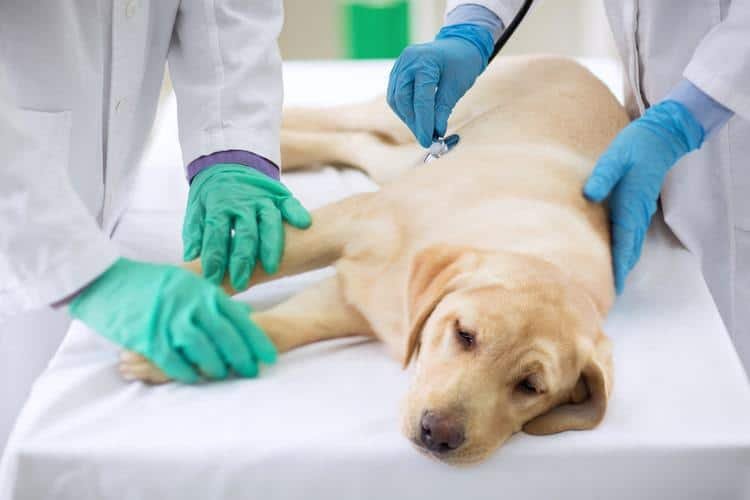A groomer good friend of mine just recently stated the story of a customer who feeds her dog a restricted, four-ingredient fresh food diet plan due to food intolerances. While limited-ingredient diet plans prevail for dogs with food level of sensitivities, the customer was not including any supplements for worry of triggering the dog a response. I was floored, due to the fact that no 4 foods can offer all the dog nutrition a puppy has to live a long, healthy life. Without supplements to complete the dietary spaces, this well-intentioned dog guardian is unsuspectingly triggering her canine buddy more damage than excellent.
All living organisms need a wide range of nutrients– compounds from food that offer energy and allow our bodies to operate– to endure. There are 6 significant classes of nutrients for dogs and individuals: water, protein, fat, carbs, minerals and vitamins. Let’s take a more detailed take a look at dog nutrition and 6 essential nutrients your dog has to consume:
1. Water

Water– and a particular kind of water– is vital to dog nutrition. Photography © Harrison Watters.
- What it is: An unsavory, colorless, odor free chemical comprised of 2 hydrogen particles and one oxygen particle– for this reason the name WATER.
- Why it is necessary: Without water, life can not exist. Water comprises 70 to 80 percent of a fully grown dog’s lean body mass. Water’s numerous crucial functions consist of: liquifying and carrying nutrients to the cells; assisting manage body temperature level; hydrolyzing protein, fat and carbs for food digestion; cushioning the organs and nerve system; flushing waste from the body.
- Special factors to consider: A dog’s water requirements differ based upon health, activity level and ecological temperature level. Most dogs self-regulate their water consumption to satisfy their requirements. Dogs fed high-moisture foods usually consume less than kibble-fed dogs. All dogs must constantly have access to tidy, fresh WATER.
- Get it from: Straight from the tap fitted with an excellent quality filter.
2. Protein

Eggs are an excellent source of protein for dogs. Photography © chengyuzheng|Thinkstock.
- What it is: Along with fats and carbs, protein is a macronutrient, implying that it provides energy. Protein is comprised of amino acids, the foundation of life.
- Why it is necessary: Protein products essential and non-essential amino acids that are important to life. Proteins offer the body structure (believe strong hair, skin, nails, muscles and bones) and are needed to make hormonal agents, neurotransmitters, enzymes and antibodies that keep the body working efficiently. Dogs needs to get the essential amino acids from diet plan, as their bodies can not produce them at the needed levels. Protein can likewise provide energy in the lack of enough carbs and fats. Because the body cannot save protein, it requires a consistent dietary supply.
- Special factors to consider: Growing pups and pregnant and breast feeding women need about two times as much protein as an adult dog at upkeep.
- Get it from: Animal sources such as lean-muscle meats, fish and eggs; plant-based sources such as beans and lentils.
3. Fat

Healthy fats are type in dog nutrition. Photography ©Alexiuz|Thinkstock.
- What it is: A macronutrient comprised of fats. Dietary fats are either saturated (e.g., butter, cheese meat), polyunsaturated (e.g., fish oil, flaxseed oil, sunflower oil) or monounsaturated (e.g., olive oil).
- Why it is necessary: Fat provides the most focused source of energy, with more than two times as numerous calories as protein and carbs. It likewise offers essential omega-3 and omega-6 fats; makes it possible for absorption of fat-soluble vitamins; safeguards the internal organs; controls body temperature level; and promotes a healthy nerve system.
- Special factors to consider: Too much fat can set off pancreatitis or intestinal concerns. Avoid fatty table scraps. Be mindful that coconut oil does not provide essential fats.
- Get it from: Low- mercury fish and fish oil; plant-based oils, such as flaxseed and hempseed.
4. Vitamins

Dark, leafy greens are an excellent source of vitamins. Photography © vladimir_karpenyuk|Thinkstock.
- What they are: Vitamins are natural substances (significance that they consist of carbon) that are needed in little amounts for correct metabolic function. Vitamins can be soluble in fat (A, D, E and K) or in water (B and C). Fat- soluble vitamins are kept in fats and the liver; water-soluble vitamins are not kept. Because the body cannot manufacture vitamins in enough amounts, they need to originate from the diet plan.
- Why they are essential: Vitamins play a range of important functions, consisting of: managing calcium and phosphorus levels (D); enhancing the body immune system (A); working as anti-oxidants (C and E); allowing the blood to embolism (K); and keeping nerve system function (B12).
- Special factors to consider: All home-prepared diet plans need vitamin supplements. If you feed an industrial “complete and balanced” food, do not include extra fat-soluble vitamins, as toxicity can happen. Toxicity of water-soluble vitamins is not likely, as excess is excreted in the urine.
- Get THEM from: A diverse diet plan including organ and muscle meats and dog-friendly plant-based foods.
5. Minerals

Minerals are vital to dog nutrition. Photography © ValentynVolkov|Thinkstock.
- What they are: Minerals are inorganic substances that the body has to preserve correct metabolic functions. The body can not produce minerals therefore need to get them from food. There are 2 classes of minerals: macrominerals (calcium, magnesium, phosphorus, salt, potassium, chloride) and microminerals (iron, copper, zinc, manganese, selenium, iodine). Macrominerals are needed by the body in greater levels than microminerals, however both types are similarly crucial.
- Why they are essential: Like vitamins, minerals carry out a range of functions in the body that are essential for supporting life, consisting of: making up a huge part of bones (calcium, phosphorus); bring oxygen throughout the body (iron); helping in injury recovery (zinc); offering antioxidant assistance (selenium); helping in nerve transmission (salt, potassium, calcium, magnesium); and managing fluid balance (salt, chloride, potassium).
- Special factors to consider: Growing pups need more than double the calcium of adult dogs at upkeep. Calcium and phosphorus levels and ratios need to be kept track of carefully in large-breed pups to play it safe of developmental orthopedic illness. Read more about exactly what nutrients to feed pups here >>> >
- Get THEM from: Different foods are abundant in various minerals. Meat is high in phosphorus, while bone is high in calcium. Organ meats offer copper and iron, while shellfish is abundant in zinc.
6. Carbohydrates

Healthy carbs are essential for dogs to consume. Photography © BWFolsom|Thinkstock.
- What they are: A macronutrient comprised of systems of sugars, starches or indigestible fiber. Since dogs can manufacture glucose from enough dietary protein and fat, carbs are the only nutrient class that is not essential for dogs. Why they are essential: Carbohydrates are the primary source of glucose, the “fuel” the body operates on. Although carbs are not an essential nutrient for dogs, healthy carbs supply crucial vitamins, minerals, anti-oxidants and plant-based nutrients that assist promote maximum health.
- Special factors to consider: Consuming a part of energy from healthy carbs spares protein for other crucial functions. Steer clear of high-glycemic “junk” carbohydrates that offer little to no nutrition and quickly raise blood sugar level levels.
- Get THEM from: Dog- friendly veggies, fruits, vegetables and gluten-free grains.
The significance of each nutrient class might– and does– use up whole books, so I have actually just skimmed the surface area. The bottom line in dog nutrition is that dogs need an adequate supply of nutrients to endure and grow. The less of these nutrients that originate from food, the more supplements is had to fill the spaces.
PowerSources for Dog Nutrition

Don’ t understand where to begin when it pertains to dog nutrition? Check this list. Photography © igorr1|Thinkstock.
Not sure which foods hold the most nutrition “bang for their buck”? Check out this list to obtain you began:
- Water •Filtered faucet water: Clean; pure; affordable; easily offered
- Protein •Whole egg: Considered the most bioavailable source of protein (1 big egg offers about 6 grams of protein)
- Fat •Sardines: Low mercury; nutrient-rich; high in the essential omega-3 acids EPA and DHA
- Carbohydrates •Butternut squash: High in vitamins A and C; packed with antioxidant-rich carotenes; outstanding source of numerous minerals and vitamins, such as vitamins E and B6, magnesium, manganese and potassium.
- Vitamins •Dark leafy greens: Rich in vitamins A, C, E, K and folate; likewise high in carotenoids and numerous minerals; revealed to
secure versus cancer - Minerals •Oysters: Excellent source of copper, iron, magnesium, manganese, phosphorus, selenium, zinc; likewise abundant in vitamin D and omega-3 fats
Tell us: Did you understand these realities about dog nutrition? What do you feed your dog?
Thumbnail: Photography © damedeeso|Thinkstock.
DianaLaverdure-Dunetz, M.S., is a canine nutritional expert and co-author, with M. Jean Dodds, D.V.M., of 2 books consisting of CanineNutrigenomics: The New Science of Feeding Your Dog for Optimum Health Their online course, Complete Canine Nutrition can be discovered at myhealthydog.dog.
Editor’s note: This short article appeared in Dogster publication. Have you seen the brand-new Dogster print publication in shops? Or in the waiting space of your veterinarian’s workplace? Subscribe now to obtain Dogster publication provided directly to you!
Read more about dog food and deals with onDogster com:
jQuery( function () );// end head.ready// function HtmlDecode( html) jQuery( “.dmg-words img” ). addClass( ‘img-responsive’ ); jQuery( “.dmg-words img” ). each( function (i, ele) );















